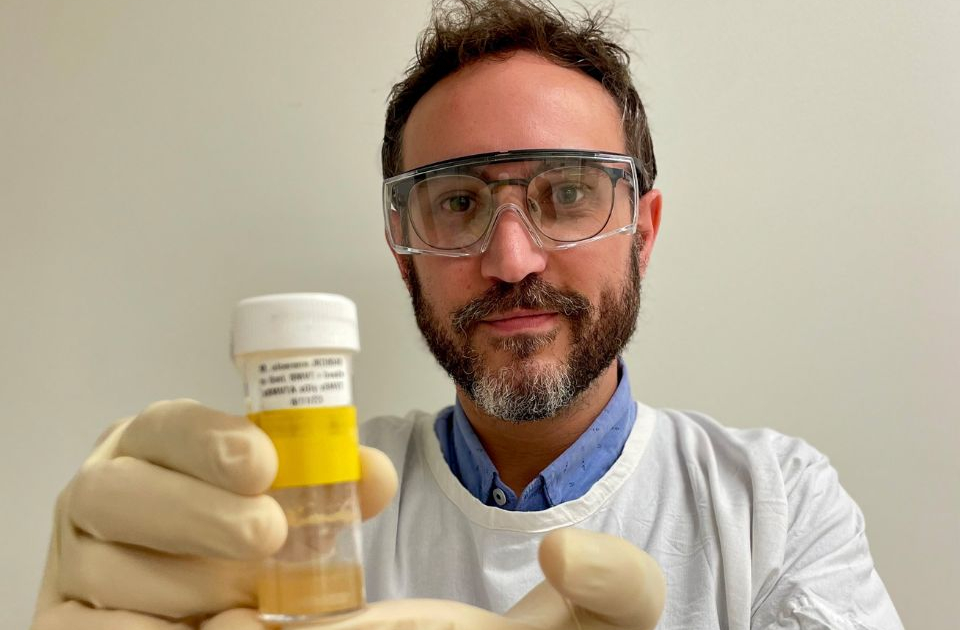Doherty Institute researchers have selected the strain of the ‘Buruli ulcer’ bacteria which is considered suitable for a human infection model trial — a clinical study, paving the way for testing new treatments and vaccines for this debilitating infection.
The new study published in PLOS Neglected Tropical Diseases outlines why the selected Mycobacterium ulcerans (M. ulcerans) strain, known as JKD8049, is suitable for future testing in healthy volunteers and to become the first authentic clinical platform for understanding Buruli ulcer and developing new medicines and preventative approaches.
Buruli ulcer, also known as Bairnsdale ulcer, is an infection caused by the flesh-eating bacterium M. ulcerans. It begins as a small, innocuous-looking lesion that progresses over months into an ulcer, destroying tissue underlying the skin. The disease has been reported in 33 countries across Africa, the Americas, Asia and the Western Pacific.
Over the past two decades, the number of reported cases in Victoria has skyrocketed, rising from 26 reported in 2004 to a record high of 362 in 2023.
University of Melbourne’s Dr Stephen Muhi, an Infectious Diseases Physician at the Doherty Institute and lead author of the paper, said a clinical trial’s success depends heavily on selecting an appropriate challenge strain that is stable and safe for use in human studies.
“We found that the JKD8049 strain, which was isolated in 2004 from a patient in Victoria, meets the criteria,” said Dr Muhi.
“It is susceptible to all commonly used antibiotics, can be easily preserved, is highly genetically stable, and produces a lipid toxin necessary for replicating the typical symptoms of Buruli ulcer in participants. Most importantly, our study shows that the strain can be given in ultra-low doses, which maximises volunteer safety and makes the model realistic… more like what happens ‘in the field’.”
Earlier this year, Doherty Institute scientists solved the eight-decade-old mystery surrounding the spread of Buruli ulcer. They revealed that mosquitoes transmit M. ulcerans in southeastern Australia, making mosquito bite prevention and control a crucial form of disease deterrence.
University of Melbourne’s Professor Tim Stinear, Laboratory Head and Director of the WHO Collaborating Centre for Mycobacterium ulcerans at the Doherty Institute, said,“The characterisation of JKD8049 as a challenge strain is a critical advance for understanding immune responses in a controlled environment and evaluating the efficacy of preventive measures and treatments. It marks important progress in the fight against Buruli ulcer and is a significant step towards reducing the burden of this neglected tropical disease.”

